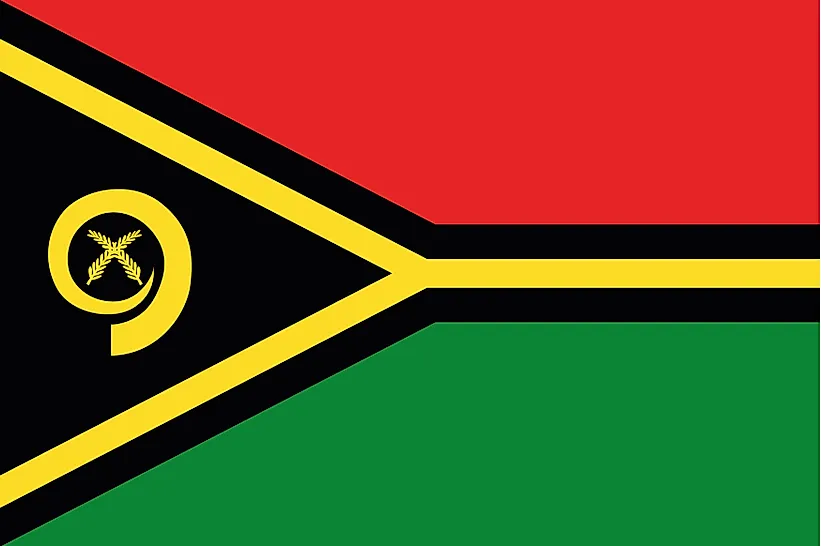
Vanuatu
| Continent | Oceania |
| Capital | Port Vila |
| Population | 277,554 |
| GDP | $723.00 Million |
| GDP per Capita | $2,600 |
| Dialing Code | +678 |
| ISO Code (2-letter) | VU |
| ISO Code (3-letter) | VUT |
Vanuatu Landscapes






About Vanuatu
# Vanuatu: Paradise in the Pacific
Welcome to Vanuatu, a nation of island beauty and cultural diversity. With approximately 307,000 people across 83 islands (12,189 square kilometers), Vanuatu combines Melanesian traditions with environmental stewardship, standing as one of the world’s most culturally diverse and naturally beautiful archipelagos.
Geographic Features and Natural Beauty
Vanuatu’s geography encompasses volcanic islands spread across the South Pacific. The country features active volcanoes, including Mount Yasur, pristine beaches, and extensive coral reefs.
The landscape includes tropical rainforests, coastal plains, and volcanic peaks. The country’s varied terrain creates diverse ecosystems supporting unique wildlife and marine life.
Protected areas include marine reserves and various conservation areas. The country’s commitment to conservation focuses on preserving its biodiversity while addressing climate change impacts.
Cultural Heritage and Traditions
Ni-Vanuatu culture represents rich Melanesian traditions with over 100 indigenous languages. The country’s heritage includes traditional ceremonies, sand drawing (UNESCO Intangible Cultural Heritage), and strong community bonds.
Traditional arts include wood carving, weaving, and music using traditional instruments. Cultural practices feature custom dances, traditional navigation, and the preservation of ancestral customs.
Vanuatu cuisine reflects its island heritage, featuring root crops, tropical fruits, and seafood. The tradition of kava ceremonies and community gatherings remains central to social life.
Historical Journey
Vanuatu’s history spans from ancient Melanesian settlement through colonial period to independence. The country was formerly known as the New Hebrides.
Significant periods include early Melanesian settlement, European contact, joint British-French colonial rule (Condominium), and independence in 1980. The country’s unique colonial arrangement as a condominium shaped its development.
Modern Economic Landscape
Today’s Vanuatu economy focuses on tourism, agriculture, and offshore financial services. The country’s natural beauty and tax haven status support its economic development.
Recent initiatives emphasize sustainable tourism, digital connectivity, and climate resilience. Vanuatu’s strategic location and natural resources support its development potential.
International Relations and Global Position
Vanuatu maintains active participation in Pacific organizations while advocating for climate action. The country’s environmental vulnerability extends its diplomatic voice on climate issues.
Did You Know?
• Vanuatu has been ranked as the world’s happiest country despite limited material wealth?
• The country is home to one of the world’s most accessible active volcanoes?
• Traditional bungee jumping originated in Vanuatu?
• The country has preserved many traditional customs through a system called “kastom”?
Conclusion
Vanuatu represents a unique combination of cultural preservation and environmental awareness. From its volcanic peaks to its coral reefs, from its traditional customs to its modern challenges, Vanuatu continues to evolve while preserving its cultural heritage. As it addresses challenges including climate change and economic development, Vanuatu remains committed to progress while maintaining its position as a guardian of Melanesian traditions and environmental stewardship.